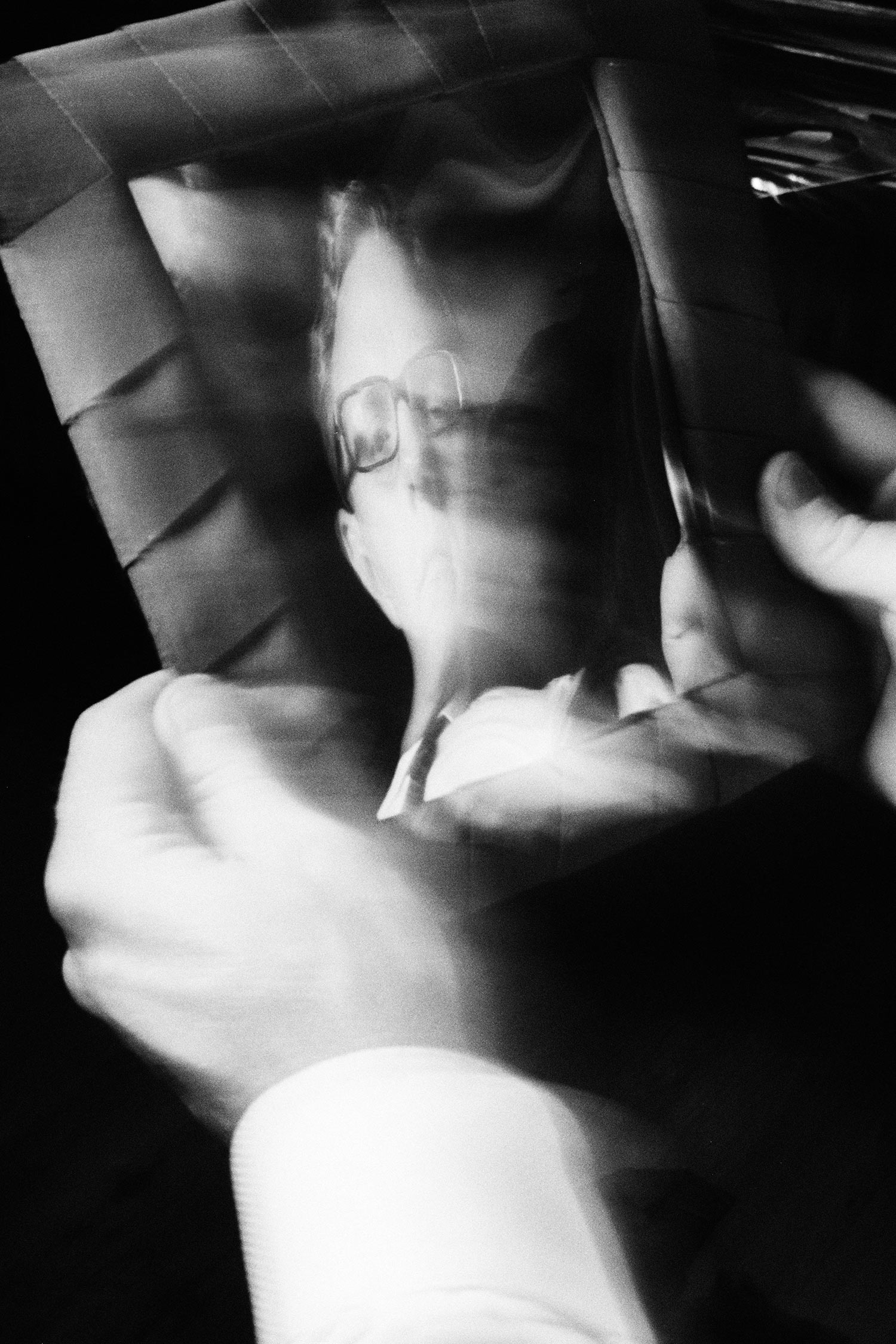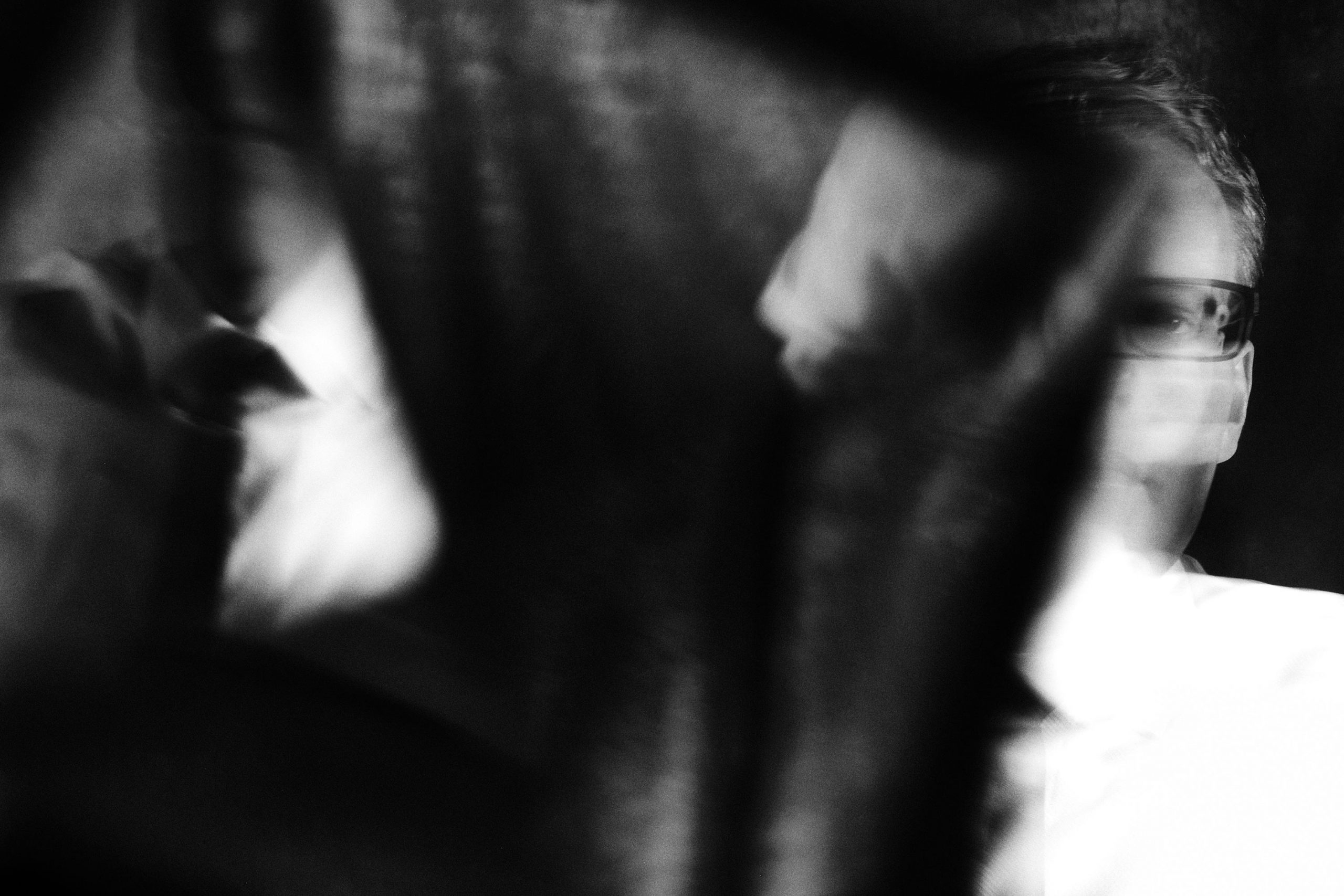Overall Approach
At its core, Robert’s work is all about the meeting of one human being with another, whether across time and space through the medium of art or simply in his personal interactions. His motivation lies not in self-expression, but rather the fascination of understanding the other, the process by which the foreign becomes familiar. In this regard, the words of political thinker Hannah Arendt as she describes her approach resonate with him particularly:
“If I am to speak very honestly, I would have to say: when I am working, I am not interested in how my work might affect people. And when the work is finished, then I am finished. The essential thing for me is that I understand.
What is important to me is the thought process itself. If I have that, I am personally quite satisfied. If I then succeed in expressing my thought process adequately in writing, that also satisfies me.
You ask about the effect of my work on others. If I may speak ironically, that is a masculine question. Men always want terribly to be influential, but in a way, I see that from the outside. Do I imagine myself being influential? No, I want to understand. And if others understand – in the same sense that I have understood – that gives me a sense of satisfaction, like feeling at home.”
Hannah Arendt
(English translation by Joan Stambaugh, with modifications)

